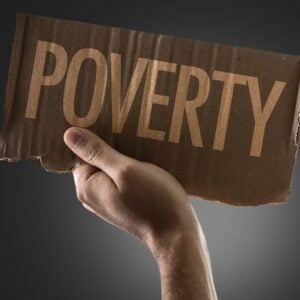Uzbekistan is targeting a reduction of its poverty rate to 6% by the end of 2025, President Shavkat Mirziyoyev announced on September 17 at the III International Forum on Poverty Reduction “Road to Prosperity” in Namangan. Over the past eight years, the country has implemented comprehensive measures to protect human rights, provide decent employment, raise incomes, and improve living conditions. Special attention has been given to creating opportunities for young people and women to fully realize their potential.
Poverty reduction has been elevated to the level of state policy, with constitutional reforms ensuring that pensions, benefits, and social assistance cannot fall below the minimum consumption level. These efforts have lifted 7.5 million people out of poverty, reducing the rate to 8.9% by 2024, and setting the stage to achieve the 6% target by the end of 2025. The president highlighted that Uzbekistan’s economy has doubled in recent years, with per capita income expected to reach $3,500 by year-end.
President Mirziyoyev outlined the New Uzbekistan model for poverty reduction, which combines tested local initiatives, international best practices, and innovative solutions. Social address books have been a key tool in identifying and supporting all needy families. During the COVID-19 pandemic, 800,000 families received free medicines, 255,000 received food aid, and 1.2 million benefited from broader social support programs, protecting 5.2 million people from falling into poverty and helping the country avoid an economic recession.
Looking forward, Uzbekistan reaffirms its commitment to the United Nations Sustainable Development Goal of halving poverty by 2030, demonstrating a continued focus on sustainable economic growth and inclusive social policies.







